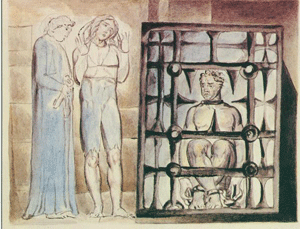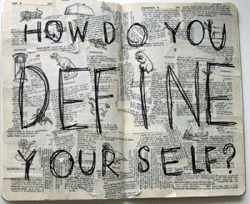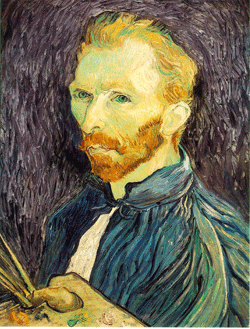
Vincent van Gogh, self-portrait
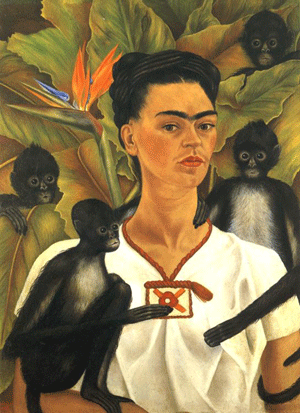
Freda Kahlo, self-portrait with monkey
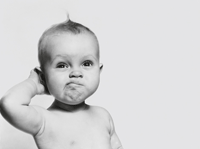
Non cogito, ergo sum Intelligent Life Magazine, May/June 2012
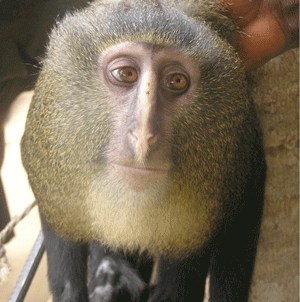
New Money Species, LA Times, Sept. 13, 2012
*What does "self" mean - in your own words?
*The OED (Oxford English Dictionary) gives the following definition of the "self" in Philosophy:
"3. Chiefly Philos. That which in a person is really and intrinsically he (in contradistinction to what is adventitious); the ego (often identified with the soul or mind as opposed to the body); a permanent subject of successive and varying states of consciousness."
Two other definitions are
"4. a. What one is at a particular time or in a particular aspect or relation; one's nature, character, or (sometimes) physical constitution or appearance, considered as different at different times. Chiefly with qualifying adj., (one's) old, former, later self ."
"b. An assemblage of characteristics and dispositions which may be conceived as constituting one of various conflicting personalities within a human being. better self n. the better part of one's nature."
You can look up other meanings and see examples by going to the OED.
What problems or questions emerge from these definitions?
*Try also looking up "subjectivity."
*What do you think connects "self," "same," and "identity"?
*What does Rene Descartes mean by "I think therefore I am"? ("Cogito ergo sum.")
*Why does Augustine worry over the question of where in himself he asks God to enter? Is the self a location?
"For when I call on Him I ask Him to come into me. And what place is there in me into which my God can come--into which God can come, even He who made heaven and earth ? Is there anything in me, O Lord my God, that can contain Thee ?"
See Augustine, Confessions, (397 CE).
Do you associate the self with----
--the heart?
--the mind?
--the soul?
--the face?
--the voice?
--the eyes?
--the ears?
--the nose?
--hair?
--the mouth?
--the breath?
--the stomach?
--the sex organs?
--musculature?
--hands?
--sight?
--touch?
--hearing?
--smelling?
--eating?
--not eating (dieting, fasting, starving)
--sleeping?
--shopping?
--crying?
--laughing?
--being born?
--dying?
What do you never associate with the self?
--the elbows?
--nail clippings?
--Try adding to this list.
Which list for the following ---
--digesting?
--vomiting?
--sweating?
--being lonely?
--loving?
--hating?
--being angry
--being in pain?
--writing?
--reading?
--arguing?
--being silent?
--watering plants?
--cleaning the bathroom?
Do any of these underlie metaphors and similes in Bunyan, Defoe, and Richardson?
Which of these terms could not appear in any of the works we are reading? For example, would you expect sweating, vomiting, or shopping to appear in TPP, RC, or Pamela?
What about your self? do you identify with some of these terms more than others
In the end, what can we say about the centralizing of the "self," in this course or in our culture more generally
How do the works we read this quarter define the "self"? How do the writers convey that definition?
